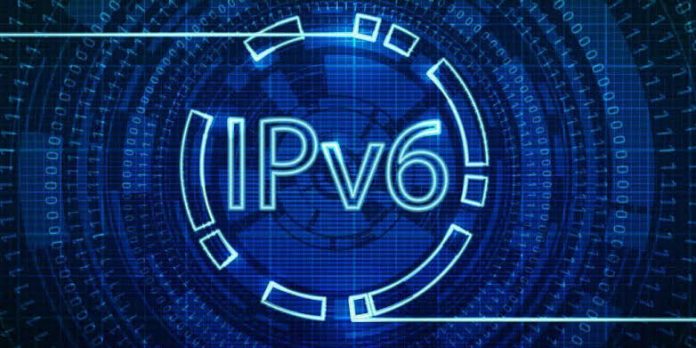Internet usage can be fully secured for employees working from home
To achieve self-reliance in the internet domain, there are plans to bring a whitepaper on IPv6 by July this year
India seeks self-reliance in internet (digital) connectivity and is mulling to set up the IPv6 or Internet Protocol version VI-based root server locally. IPv6 is expected to end the foreign dominance by helping to safeguard critical digital infrastructure.
Being the largest subscriber of IPv6, the country contributes around 50 per cent of the total base worldwide. The initiative of becoming self-reliant aims to boost a trusted and fully secured digital infrastructure.
In the year 2009, Indian was the first to come up with the IPv6 roadmap. The task was assigned to the state-run Telecom Engineering Centre (TEC) under the Indian Telephone Industries Limited (ITI Limited) and there were more than 50 workshops conducted nationally to bring awareness.
The Department of Telecommunications (DoT), in the year 2012, unveiled another roadmap and had chalked out the strategy by collaborating with a Japanese laboratory.
The native IPv6 operator, Reliance Jio Infocomm Limited commands more than two-third of the country’s IPv6 traffic, which has also resulted in a rapid rise of India’s IPv6 user base to nearly 50 per cent by the end of 2020 from mere one per cent to 15 per cent in the year 2016.
For the betterment of the country’s internet connected infrastructure, ITI Limited has agreed extend full support in taking things to the next level. The country will be placed at an advantageous position by the initiative to connect devices with IPv6, which will also safeguard the digital India program.
Launched in the year 2015, Prime Minister Narendra Modi’s prestigious Digital India umbrella program aims to facilitate 100 per cent mobile telephony, digital delivery of citizen-centric services, and a high speed broadband for 1.3 billion Indians.
The ambitious IPv6 roadmap, also expects the private industry to come forward in the third phase and play a role in safeguarding the connected infrastructure indigenously to become a connected self-reliant country.
Multi-fold benefits will be provided if India becomes successful in establishing a root server locally as IPv6 can assign nearly 340 trillion IP addresses and corresponding devices in comparison to 4.3 billion IPv6 addresses.
Anticipated in the Internet of Things (IoT) era, the latest version would also boost billions of connected devices following the launch of 5G commercial services.
The US, out of 13 root servers at present, alone hosts 10 servers. Out of the 10, two are located in the European Union (EU) and one server in Japan. In a bid to end Western dominance, China and Russia both have moved ahead to set up their own servers.
For internet security and data protection purposes and to overcome the ever-growing cyber threats, a home-grown root server in India would be essential.
Also, the work-from-home (WFH) or the remote-work culture would be safeguarded as the home-grown root server can allocate a single Virtual Private Network (VPN) address to every individual home and the internet usage can be fully secured.
The country’s capacity to create a root server is indigenous but, extensive research and development (R&D) activities will have to be carried out in the software domain, and if it gets a green nod from the administration, India would be an independent country with IPv6 functionality.
With internet as a key resource for socio-economic development and digital connectivity becoming pervasive, the root server would play a pivotal role in the safety and stability of the internet at the top of the domain name system or DNS.
If approved, the National Internet Exchange of India (NIXI) may undertake the prestigious program. Some of the present and former government officials and veterans such as Anil Jain, chief executive of NIXI, Dr. Govind, former NIXI chief, RK Bahuguna, former chairman, RailTel and Praveen Misra senior scientist at the Education and Research Network (ERNET) have come forward to collaborate in the national initiative.
To further advise the policymakers on next steps to achieve self-reliance in the internet domain the recently-launched forum, by July 2021, is also planning to bring a whitepaper on IPv6.
Also Read: Remote working can cause fear regarding Cyber-security
Do Follow: CIO News LinkedIn Account






